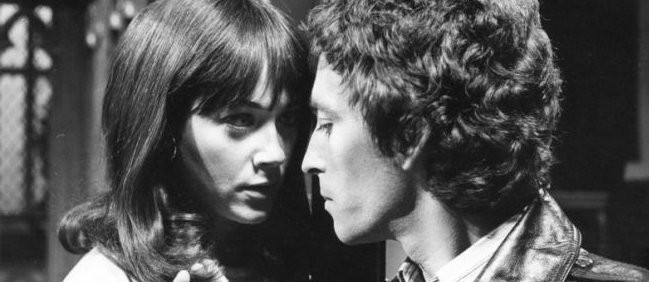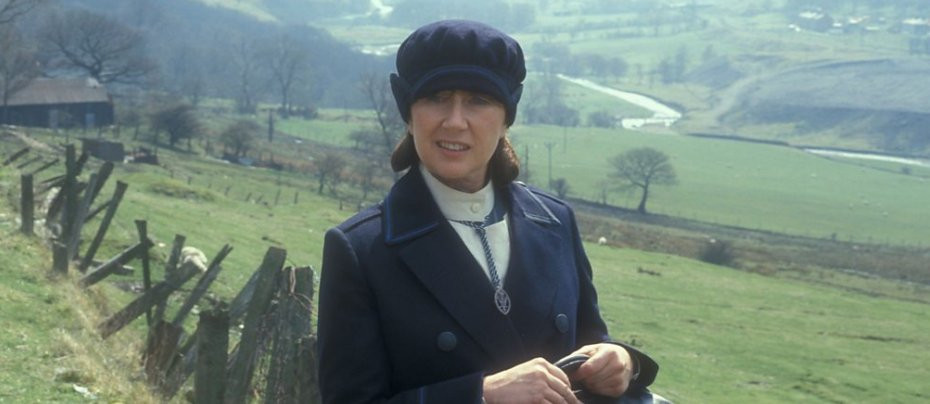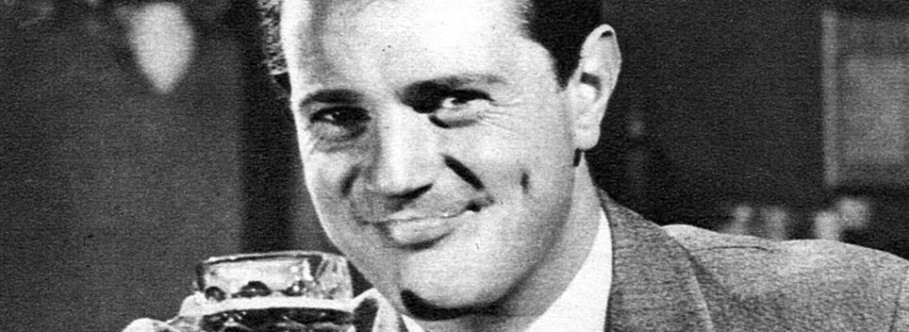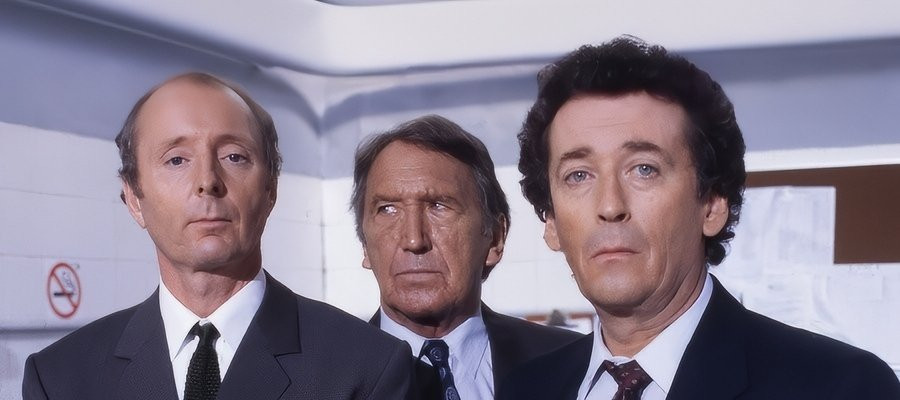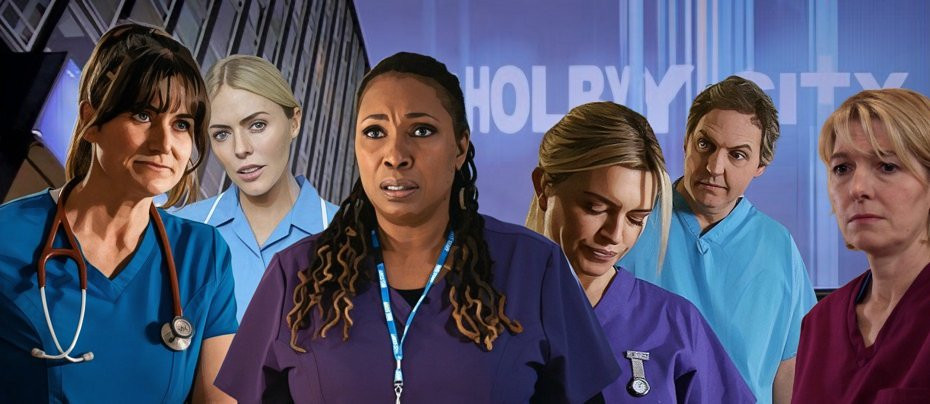
Holby City
1999 - United KingdomReview by Laurence Marcus
Holby City, created by Tony McHale and Mal Young, was a spin-off from the popular BBC medical drama Casualty. Set in the same fictional hospital, the series focused on the patients who had been transferred from the emergency department to the surgical wards. Unlike Casualty, which primarily featured "accident of the week" storylines, Holby City explored the complexities of long-term care and chronic conditions, providing a different narrative focus centred on ongoing medical treatment rather than immediate life-or-death situations.
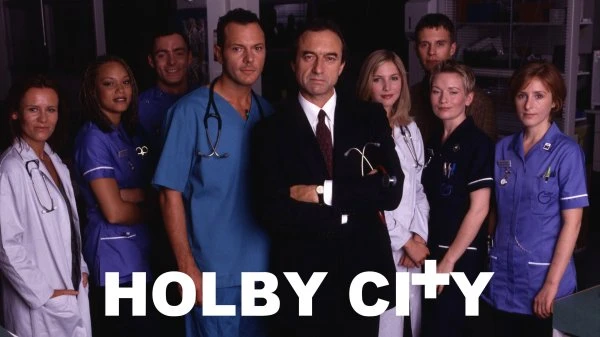
The series was commissioned by BBC One Controller Peter Salmon under the working title Holby Central, before being renamed. Initially, Holby City featured a core cast of eleven main characters, all of whom eventually departed the show. Over time, new characters were introduced, and the core cast fluctuated, with around fifteen main actors employed at any given point. In the casting process, Mal Young sought well-known television actors, a tradition that continued throughout the series' run. Some of the notable cast members included Patsy Kensit, Jane Asher, Robert Powell, Ade Edmondson, and Jemma Redgrave.
The production of Holby City was relatively cost-effective compared to similar shows. While each episode cost about £370,000—more than EastEnders but less than Casualty—the high-volume, year-round nature of the show helped keep costs manageable. Set-up expenses were spread over many years, and sets were reused frequently.
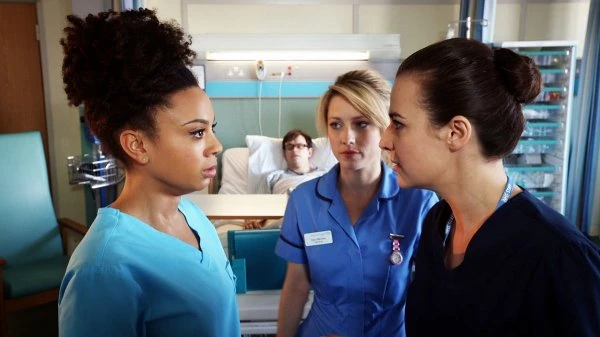
The show took great care to ensure accuracy in its portrayal of medical procedures, employing a team of researchers to advise writers on nursing practices and healthcare procedures. One medical advisor was given a cameo role in the series as an orthopaedic surgeon, and another, recovery nurse Rachel Carter, appeared as a scrub nurse. Some cast members were trained in basic medical techniques, such as administering injections and monitoring vital signs, and they had the opportunity to observe real medical procedures. The series also used operational ventilators and during the COVID-19 pandemic they were donated to the NHS.
Holby City featured a diverse team of scriptwriters, overseen by script development editor Simon Harper. Writers were often selected from the BBC Writers Academy, a course established in 2005 to provide emerging talent with opportunities to work on prime-time television. Storylines were planned up to eight months in advance and occasionally featured crossovers with Casualty, including special episodes like Casualty@Holby City. The show aired once a week, with 52 episodes per series, providing a consistent stream of content for its loyal audience.
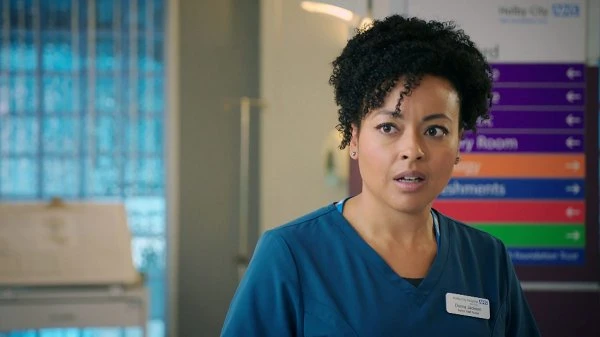
Throughout its 23-year history, Holby City gained a reputation for tackling a wide range of physical and mental health issues, combining drama with humour and heart. It was praised for its diversity and inclusivity, addressing contemporary topics while authentically depicting the challenges faced by healthcare professionals. The series received over 100 television award nominations and won ten, including a British Academy Television Award for Best Continuing Drama in 2008. Despite its early success, however, the show's viewership began to decline, from an average of 9.27 million viewers in its first series to 5.44 million in the 11th series.
But the show increasingly faced comparisons with other medical dramas, particularly the American series ER, and came under scrutiny from professional quarters.
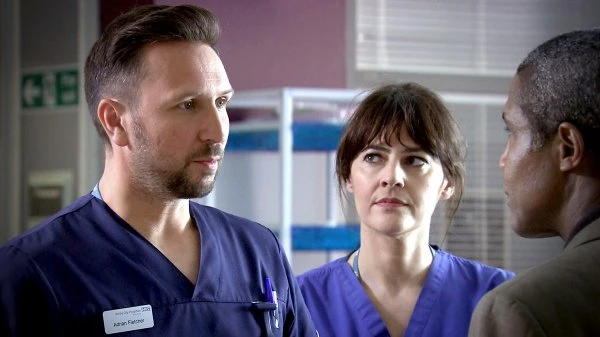
Critics, including the British Medical Association, pointed out concerns about the portrayal of medical procedures, particularly in a 2004 episode involving organ donation and the withdrawal of consent by a patient's relatives. Dr. Michael Wilks, Chairman of the Medical Ethics Committee, stated, "This simply would not happen, but its portrayal, even in a drama, is totally irresponsible and risks causing huge damage to the already struggling transplant programme." The BMA also criticized the show for providing an unrealistic portrayal of resuscitation, typically showing only two possible outcomes: death or total recovery. In April 2010, at the Royal College of Nursing (RCN) conference in Bournemouth, Holby City was accused of fostering unrealistic expectations of the NHS, encouraging patients to believe in miracles, and contributing to a compensation culture. However, Holby City also had a positive impact, with Jill Berry, president of the Girls' Schools Association and head teacher at the Dame Alice Harpur School in Bedford, noting that medical dramas like Holby City inspired more female students to pursue careers in medicine.
In June 2021, the BBC announced that Holby City would be coming to an end. The decision, they claimed, was part of a broader strategy to reshape the BBC's drama slate and reflect a more diverse range of stories from across the UK. BBC Director General Tim Davie explained that this move was necessary to support social and economic recovery, invest in new talent, and bring a wider variety of programmes to audiences.

The cancellation of the show sparked significant backlash from fans, critics, and former cast members. A petition to save the show quickly amassed over 30,000 signatures, but despite the outcry, the final episode aired on 29 March 2022.
For over two decades, Holby City was a staple of British television. It offered consistent entertainment and familiarity. Through its diverse characters and thoughtful storytelling, it built a loyal following that spanned generations, leaving a lasting legacy as one of the UK's most beloved medical dramas.
Seen this show? How do you rate it?
Seen this show? How do you rate it?
Published on April 1st, 2025. Written by Laurence Marcus for Television Heaven.


